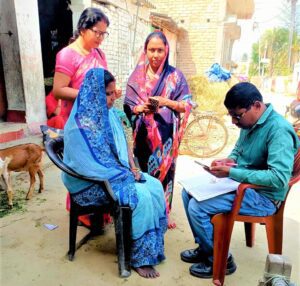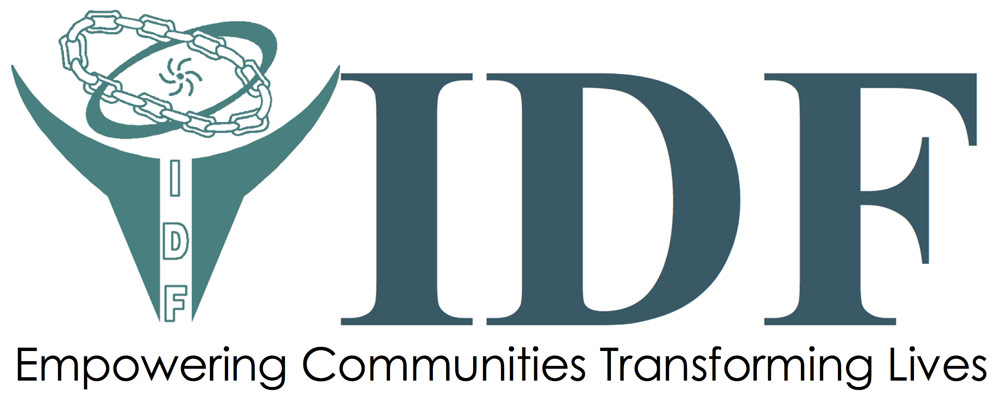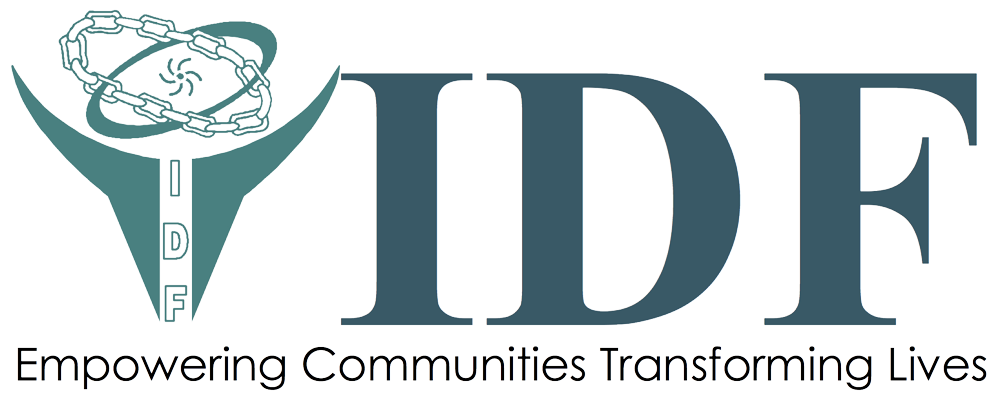Work Force Development Programme
Project : Work Force Development Programme
Donor : Nomi Network
Location : Muzaffarpur District of Bihar
Outreach : The project aims to covers 40 Villages from 2 blocks of Muzaffarpur District, Bihar.
Project Brief :
IDF is working in collaboration with Nomi Network in a “Work Force Development Programme” (WFD) and implementing the project at Minapur and Mushari blocks of Muzaffarpur district with the aim of empowering women aged 18 to 45 from at-risk families in 40 villages by enhancing their economic and social resilience. It seeks to reduce vulnerabilities to slavery and trafficking, enabling them to lead dignified lives. The objectives include increasing women’s income levels for self-reliance, providing vocational and entrepreneurial training for sustainable livelihoods, and nurturing life skills to boost confidence and leadership. Additionally, the project focuses on raising awareness about rights, health, and economic opportunities while promoting community action against child marriage, labor, and abuse. Strengthening protection mechanisms and monitoring systems to prevent illegal migration and trafficking is also a key priority.
This initiative focuses on empowering young women through a series of structured training programs aimed at enhancing their life skills, technical competencies, and employability. The program begins with a three-day life skills training based on the UN framework, covering self-awareness, communication, problem-solving, and stress management to boost confidence and resilience. Following this, technical training prepares women for self-employment or job placement by equipping them with knowledge on workplace dynamics, quality work productivity, and business management. Additional specialized training includes salesmanship for employment in shopping malls, healthcare and dressing for private hospitals, driving e-rickshaws for economic independence, and vocational skills such as beautician services, clothing coloring, vegetable nursery raising, lac bangle making, and computer applications. These trainings aim to create sustainable income opportunities and prevent exploitation. The program also includes follow-up sessions, SHG meetings for community mobilization, stakeholder orientation on women’s and children’s rights, solidarity events to raise awareness on social issues, supportive monitoring visits, and career counseling to guide young women in their professional growt


